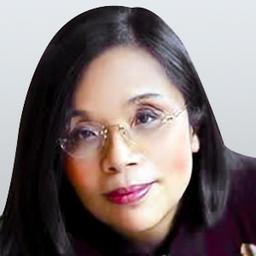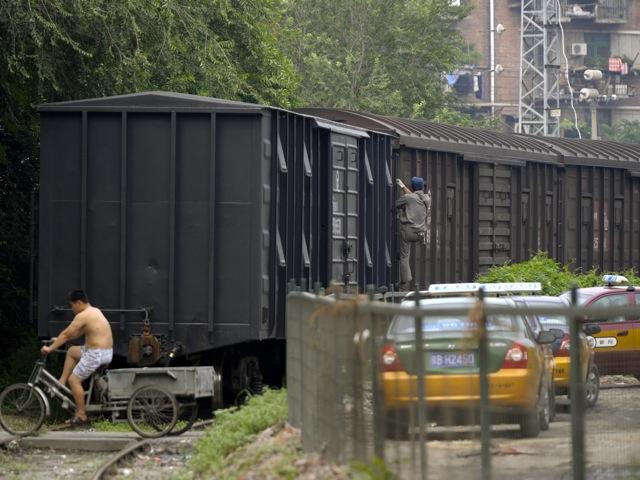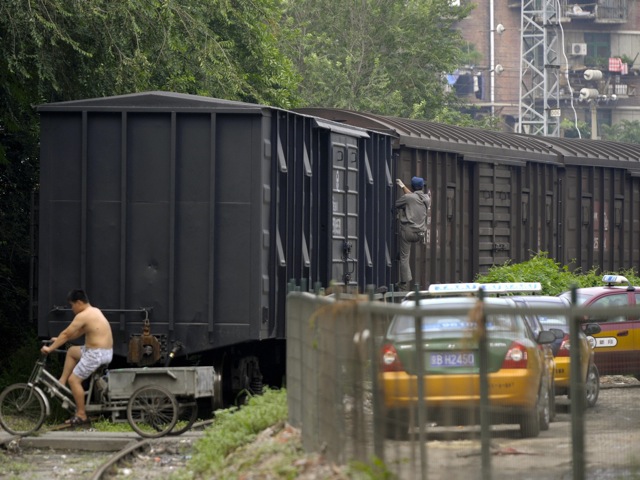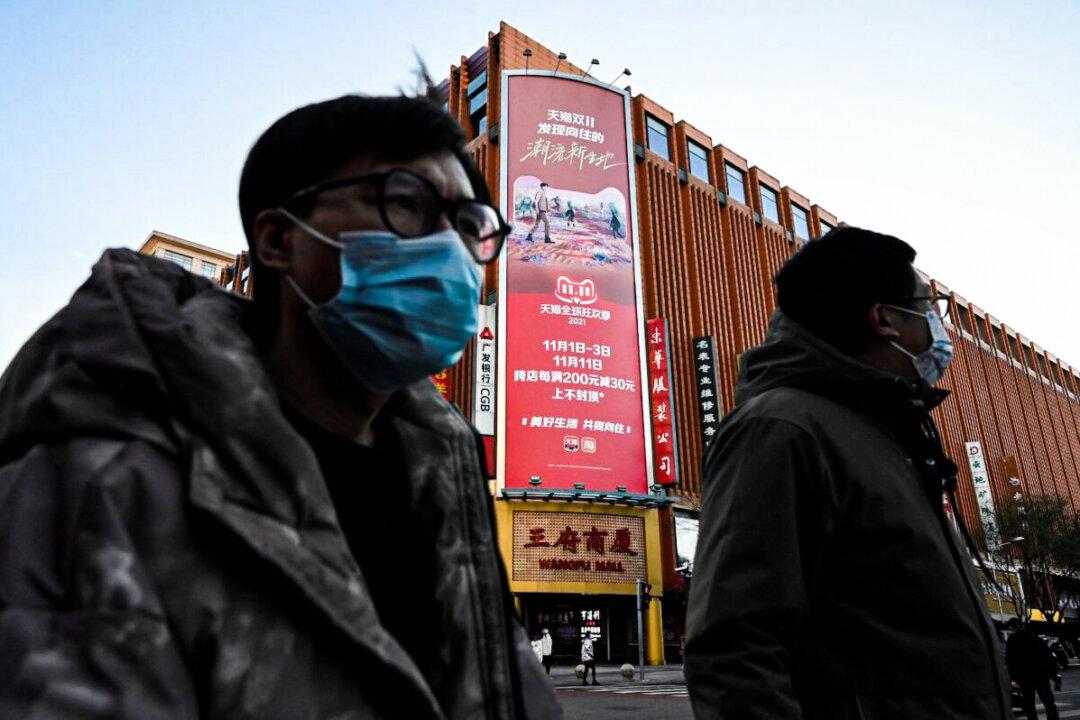Opinion
The Collapse of China’s Credibility
China’s national credibility is suspected by outside observers in the fields of politics, economics, and ethics.

A man rides a tricycle over the rails next to a cargo train in Beijing on Aug. 7, 2009. The head of Liaoning Province volunteered China's economic data were made up; he relied on volume of freight moved by train as one indicator of actual economic performance. Liu Jin/AFP/Getty Images
|Updated:
He Qinglian is a prominent Chinese author and economist. Currently based in the United States, she authored “China’s Pitfalls,” which concerns corruption in China’s economic reform of the 1990s, and “The Fog of Censorship: Media Control in China,” which addresses the manipulation and restriction of the press. She regularly writes on contemporary Chinese social and economic issues.
Author’s Selected Articles






